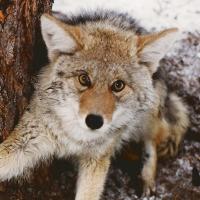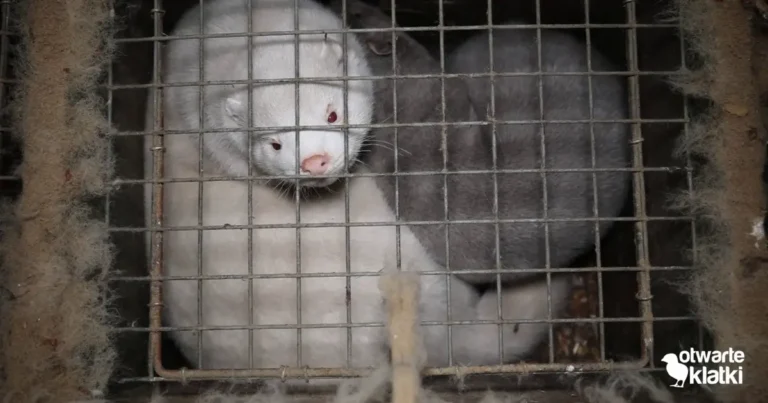
Though the original post was not shown or linked in the report by the CBC, they did speak with a provincial biologist Mike Boudreau.
Boudreau told the CBC that reports of “aggressive coyotes” were down this year. He also said that approximately 1,869 pelts were turned in last year, as part of a provincial bounty. To translate: at least 1,869 coyotes were killed in a government sponsored slaughter.
There are two statements in the CBC article that deserved more exploration – of course, no further questions were asked and/or answered on the subjects.
“The department [of Natural Resources] introduced a coyote bounty in recent years, designed to make the animals fear humans and stay away from them.”
A bounty is a program of killing – frequently via traps such as snares, Conibears or leg-holds. How exactly are dead coyotes going to communicate their newfound fear of humans to other coyotes? It seems like an obvious question – but it’s one that went either unasked or unanswered.
“He's not able to say whether the program is working, but … say people should continue to enjoy hikes and the great outdoors.”
For several years the government has sponsored the killing of intelligent, family-based animals. They don’t know if it’s working; they don’t know if it did or ever will. But they’re continuing to do it. The CBC again either didn’t ask or didn’t receive an answer.
Why aren’t these questions being asked?
There are numerous possible reasons – but the biggest one is simple education. The general public knows little of coyotes, except what they read in the media. Ironically, that is also where many people in the media get their information on coyotes. And government scientists are often unwilling to answer questions that contradict policy set out by their superiors.
Please help us spread the word – coyotes belong here. They’ve learned to live with us, and we need to learn to live with them.
Work like our growing Living With Wildlife campaign is only possible with the support of monthly donors. Please consider become a monthly donor – for as little as $5 a month – and help us create a Canada that is truly fur-free.

